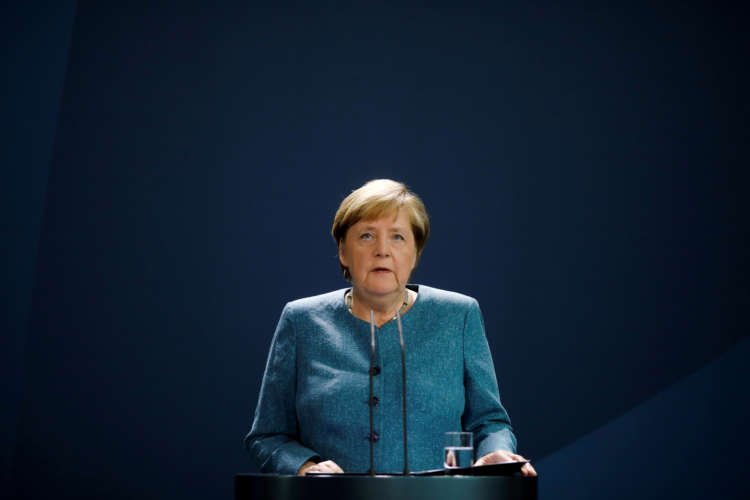Bleak budget outlook leaves Merkel’s conservatives no choice on debt
Published by linker 5
Posted on February 25, 2021
3 min readLast updated: January 21, 2026

Published by linker 5
Posted on February 25, 2021
3 min readLast updated: January 21, 2026

BERLIN (Reuters) – Germany’s bleak budget outlook is pushing Chancellor Angela Merkel’s conservatives towards supporting another suspension of national rules on debt next year, with the man in pole position to succeed her advocating another waiver.
The coalition is currently discussing when Berlin should end massive deficit-spending triggered by the COVID-19 pandemic, and return to the fiscal rules of the constitutionally enshrined debt brake. Parliament suspended those rules for 2020 and 2021 to allow combined new borrowing of up to 310 billion euros in both years.
Finance Minister Olaf Scholz, who is expected to present the draft budget for 2022 next month, has already hinted it could be difficult to keep new borrowing below the ceiling of 0.35% of gross domestic product as required by the rules.
“The numbers are just brutal. Everyone who has looked at the budget in detail can’t help but demand another exception from the debt brake again,” a coalition source told Reuters on Thursday on condition of anonymity.
The source said it was simply impossible to cut 60 billion to 80 billion euros in the budget just to get public finances in line with the rules again – especially with Germany heading towards a federal election in September.
Armin Laschet, the new leader of Merkel’s Christian Democratic Union (CDU), said in a newspaper interview that there was probably no other way than to suspend the debt brake again.
“Next year, we will surely have to use Article 115 of the Basic Law again for an exception to the debt brake”, Laschet told Stuttgarter Zeitung.
Laschet even suggested that it could be difficult to stick to the fiscal rules beyond next year.
“Nobody today can reliably predict how what the financial needs will look like after 2022. Whether we’ll still have to declare the fiscal emergency then depends on the further development of the pandemic,” Laschet said.
The comments increase the chances for Germany will continue its debt-financed fiscal splurge next year. This would set the tone for the wider debate in the euro zone on how much longer governments should keep spending to fight the crisis.
In January, Merkel’s chief of staff Helge Braun opened the door for continued deficit spending with a proposal to soften Germany’s debt issuance law, because Berlin would not be able to stick to the strict limits on borrowing for several more years.
But a reform of the rules would need a two-thirds majority in both chambers of parliament – a tricky task given Germany’s increasingly splintered political landscape with seven parties.
(Reporting by Michael Nienaber, editing by Larry King)
Explore more articles in the Top Stories category











